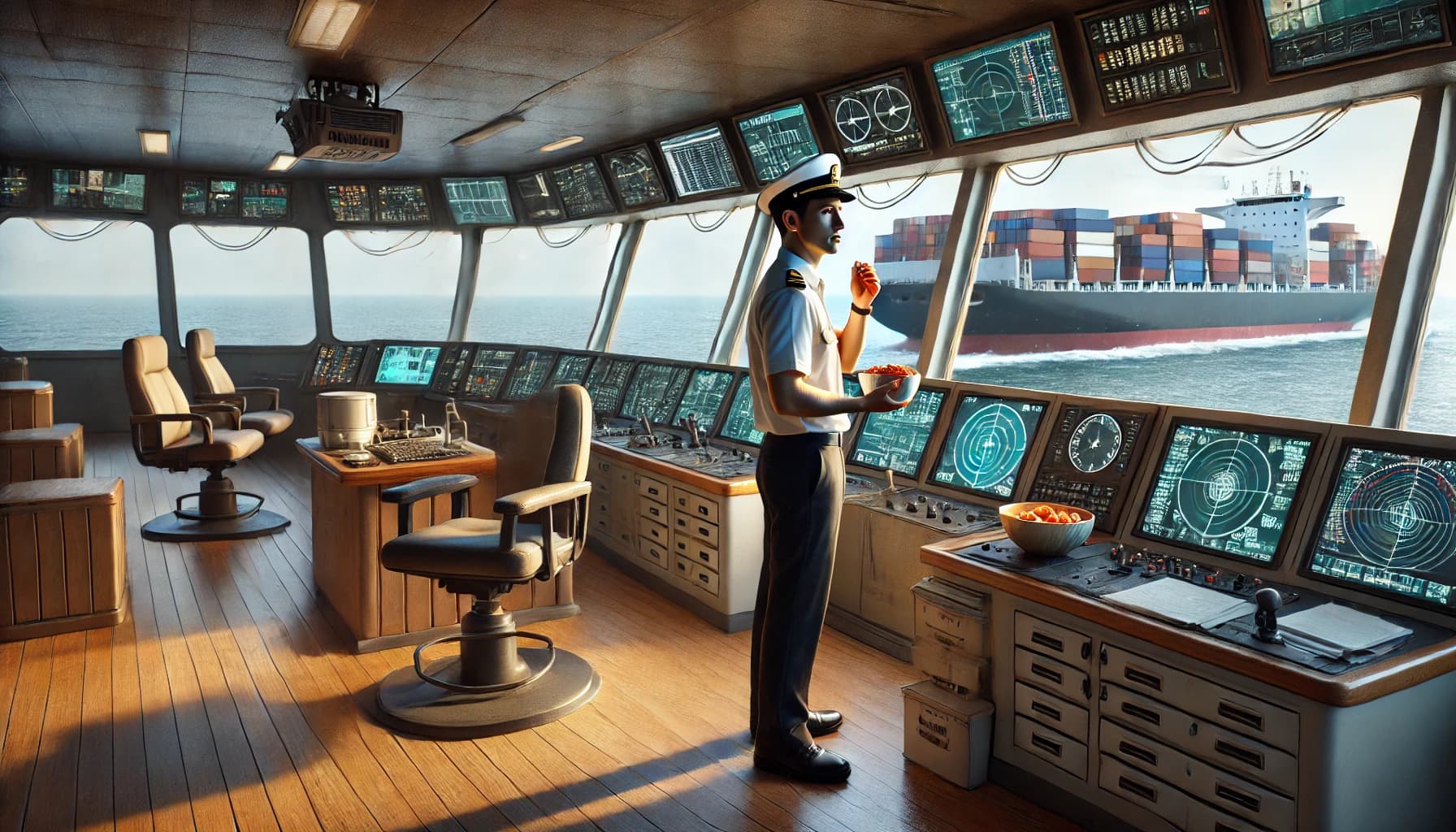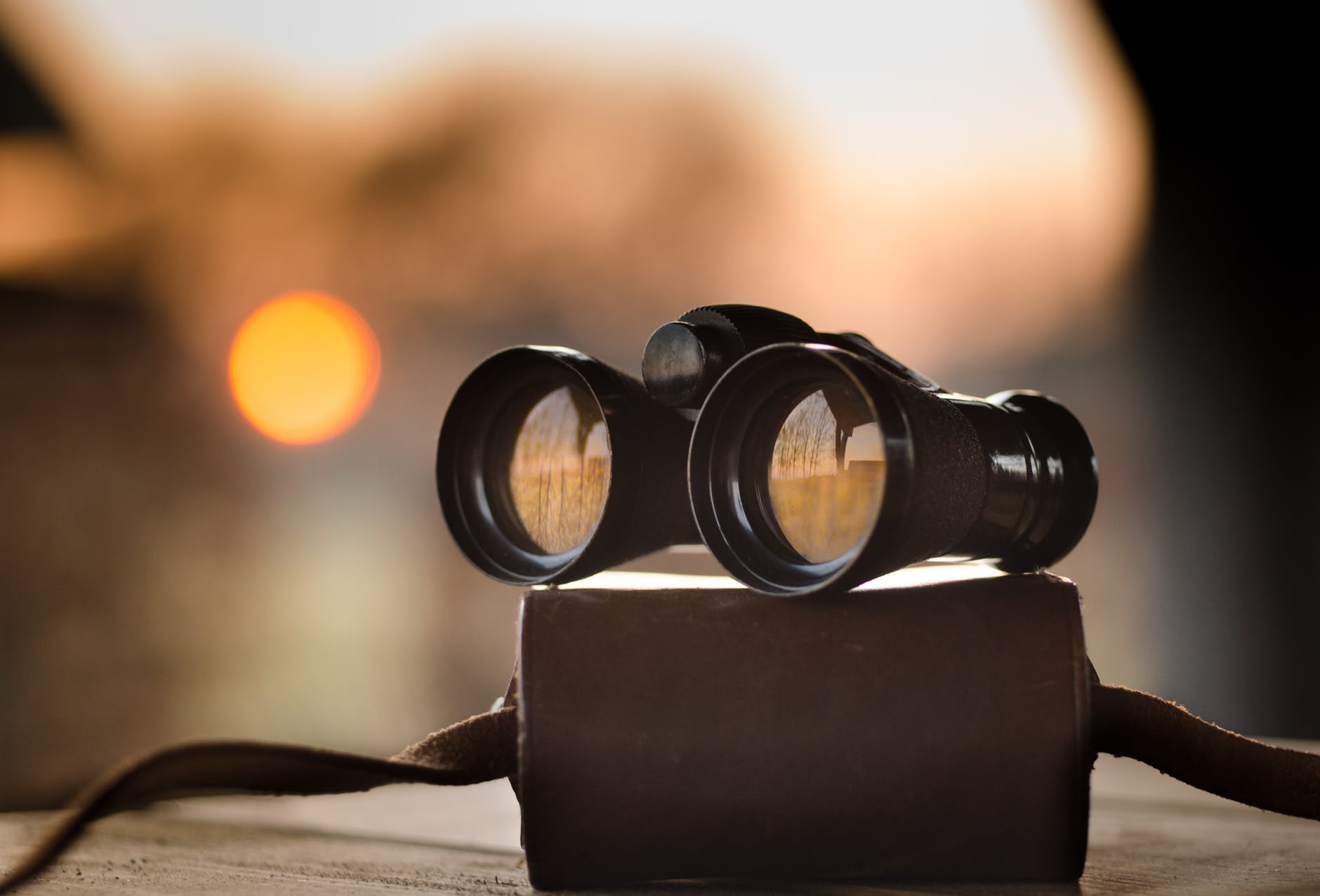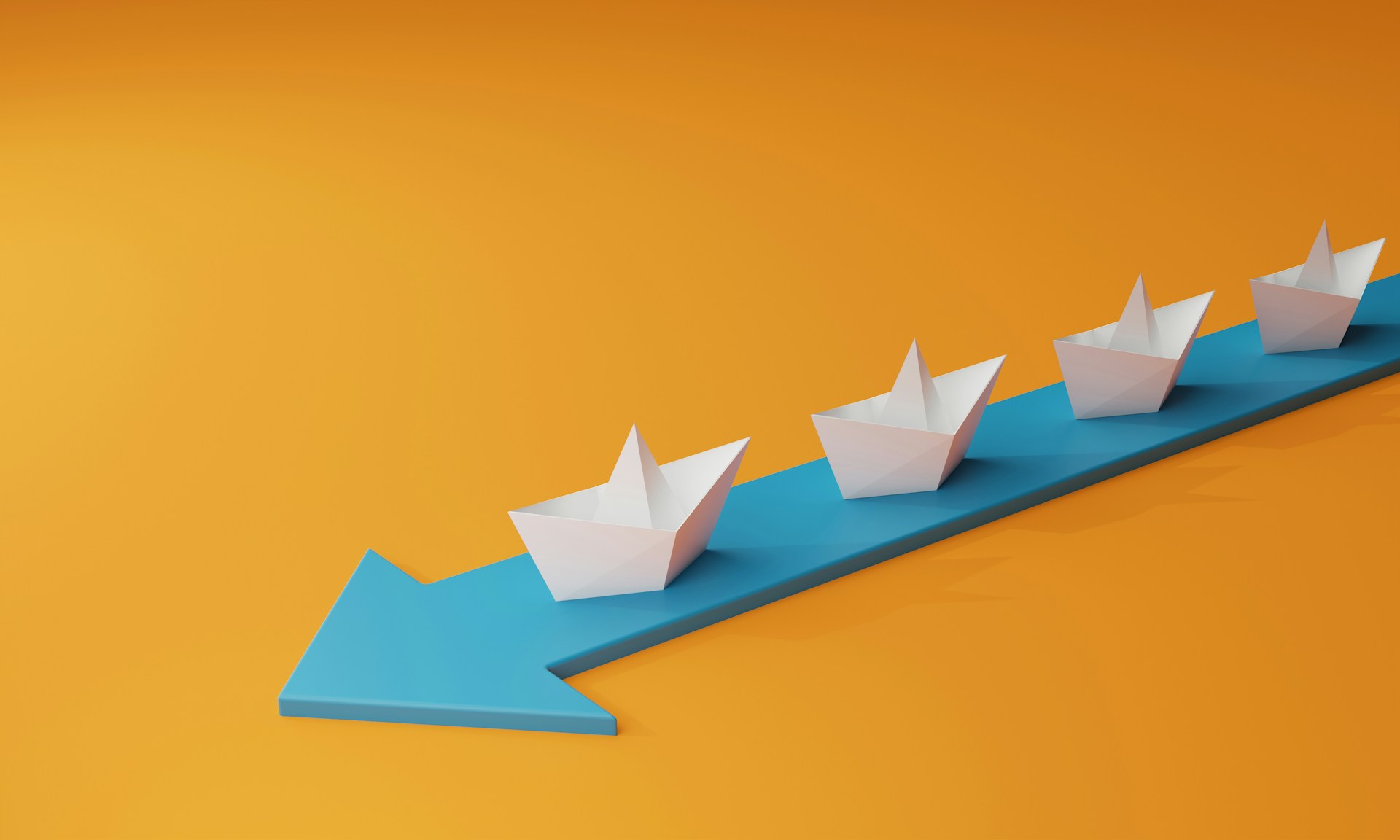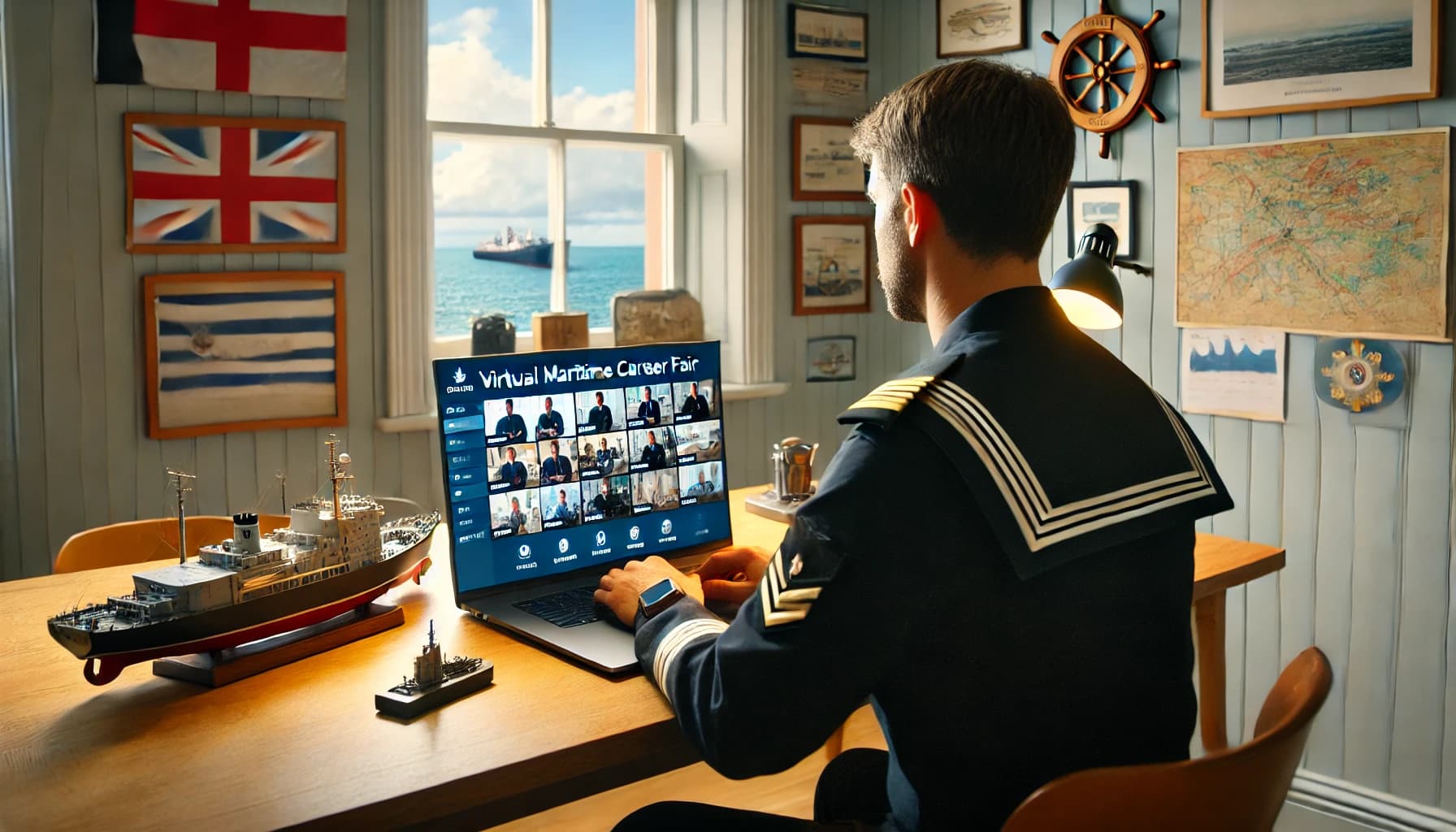It’s no secret that seafarer jobs, including Officer of the Watch jobs, can often be physically and mentally demanding. Being away from home for lengthy periods of time, manual labor, dealing with the elements at sea, and the pressure of meeting strict deadlines all come with their own specific challenges.
However, for many seamen and women, life at sea is also incredibly rewarding with many agreeing that working in a job at sea beats a 9 to 5 desk job hands down!
But thanks to the unique environment that working in cargo ships, container ships, bulk carriers, heavy duty vessels and oil tankers presents, it is crucial for seafarers of all ranks and experience to take extra care of their physical and mental wellbeing.
And that certainly applies to anyone working as an Officer of the Watch (OOW).
Whether a maritime job is on shore in a port, in a depot or warehouse, or on a vessel anyone who works shifts will tell you that the change in shift patterns and the unsociable hours can be hard to get used to.
How to look after your wellbeing when you're an Officer of the Watch
Of course, in shipping seafarers are needed to work around the clock and a vessel’s watchkeepers need to maintain lookout 24/7, 365 on the bridge while at sea.

Add to that the responsibility of ensuring the safe navigation of the ship, as well as the pressure of being the ship’s Master’s representative while on duty, the weight on the shoulders of an Officer of the Watch can be heavy.
And working on and off around the clock with broken sleep patterns can start to have an effect on an OOW, or any shift-working seafarer’s wellbeing if you don’t take steps to maintain a sense of balance.
The system generally used by merchant ships whereby watchkeepers stand watch for three periods of four hourly blocks means that watchkeepers with less experience can keep lookout during the hours that experienced watchkeepers will be on hand to help in the event of a problem.
Read more: 7 Tips for Getting Over Jet Lag in Seafarer Jobs
It is also consistent, easy to remember and allows a watchkeeper’s body clock to settle into some kind of rhythm. All of these things can help alleviate the pressure a little but there are still issues that need to be counteracted for those working in OOW jobs.
How watchkeeping can take its toll in jobs at sea
Humans are designed to be active during the daytime. Our appetites are such that they are smaller at night so that our bodies can fast and spend their energy on repair and restoration, and on readying us for the day ahead.
Obviously, this is disrupted by shift work.
Both long term night shift work and not getting enough sleep also have a history of causing the onset of a catalogue of medical conditions.
Everything from increasing the risk of some cancers to problems with metabolism and weight gain, and from depression to heart disease and diabetes have been associated with working irregular hours and the knock on effect that can entail when it comes to getting a consistently good night’s sleep.

Maintaining safety at sea
Illness, weight issues and disease aside, one very real problem is that if seafarers are constantly tired due to watchkeeping shifts, they may not be as alert and focused as they need to be when they’re working.
Put simply, performance and safety cannot be compromised and it is therefore crucial that any seafarer who is also an Officer of the Watch takes steps to help combat tiredness and ensure they’re feeling as mentally and physically agile as possible under the circumstances
So let’s take a look at some ways that anyone working in OOW jobs can help boost their mental and physical health by making the most of the sleep they do get.
Prioritize sleep and rest
We’ll start with the most obvious one: stick to a sleep routine. This is vital for anyone working in a job at sea and it’s especially important if your work on a ship involves shift work or watches.
Create a consistent sleep schedule that fits your shifts, aiming for 7–9 hours of sleep in every 24-hour cycle. Use blackout curtains or an eye mask to block out light during daylight rest periods.
You should also try to optimize your sleeping environment by using earplugs or white noise to reduce disturbances, and keep your cabin cool and well-ventilated for better sleep quality.
And we know it’s many people’s favorite way of winding down, whether they’re working on land or in a job at sea, but you really should try and avoid screens or stimulating activities before bed to help your body wind down.

Looking at screens before bedtime can disrupt sleep by suppressing melatonin, the hormone responsible for regulating sleep-wake cycles. The blue light emitted by screens tricks the brain into thinking it’s daytime, making it harder to fall asleep.
Additionally, engaging with stimulating content, like social media or news, can increase mental alertness, delaying relaxation and rest. This can lead to difficulty falling asleep, poor sleep quality, and daytime fatigue.
Over time, disrupted sleep patterns can negatively impact mental health, concentration, and overall well-being. Avoiding screens at least an hour before bed promotes better sleep and healthier nightly routines.
Keep on moving
If your vessel has one, and hitting the gym the minute you finish a watch sounds like the very last thing you want to do, try blocking out some time around your shifts to fit in a workout.
It really is one of the best things you can do: remind yourself that a healthy body equals a healthy mind and that you WILL feel better after a training session. Even small, consistent routines can improve both physical and mental health.
Finished your watch and just want to fall into your bunk? Up early and about to head out for your shift?
Get into a routine where you set aside just a couple of minutes for some stretching, a spot of yoga, a few push ups, some squats, or a jog along the deck before you crash or start your shift.

And don’t forget to stretch during your shifts too. Regularly stretching your neck, back, and legs can help alleviate tension and improve circulation, particularly during long periods of inactivity on watch.
You are what you eat
The problem with shift work, both onshore and in seafarer jobs, is that it can be all too tempting to let good eating habits fall by the wayside.
Studies have shown that irregular meal times can have a domino effect on your body’s internal patterns and digestive health thus creating delays in blood glucose rhythms - which can then upset your normal reaction times and awareness.
Peptic ulcers and IBS (Irritable Bowel Syndrome) can also be issues for those that work shifts. That’s because our digestive system normally rests and recuperates at night and if you’re up and about, working and eating, it won’t be given this opportunity.
The trick is to get into a routine while you're working in jobs at sea that works for you.
Obviously this can be easier said than done when you’re not in charge of meal times or menus, but opting for the healthiest option instead of just grabbing something for a quick fix will help you feel like you have some control over your food intake.

Avoid overly sugary foods such as candy and processed or high-sodium foods, as they can negatively impact energy levels and overall health. Instead, include a variety of fresh fruits, vegetables, lean proteins, and whole grains.
Where possible, try and stick as closely as you can to the quantities of food you would eat on a ‘normal’ - i.e. non-shift - day and night. Basically you want to try and eat three good meals over a 24 hour period - even if the times of your breakfast, lunch and dinner are skewed.
In order to make the most of your periods of sleep, it’s advisable to avoid eating a big meal for around one to two hours before you go down, however, eating a light but still satisfying breakfast if you're going to sleep in the morning is a good idea as this will help to prevent you from waking up due to a rumbling stomach!
Stay hydrated
Talking of what you consume while you’re working in a maritime job that involves shifts, what you drink is just as important as what you eat. Staying hydrated is essential for maintaining overall health and staying alert, especially in demanding environments like working on a cargo ship.
And that doesn’t mean you can drink as many cans of fizzy drinks as you like either. Non-diet sodas are full of sugar, and even diet sodas aren’t great as they’re not providing you with anything worthwhile - plus they won’t quench your thirst like good old H2O.
Drinking water is crucial for digestion, circulation, temperature regulation, and waste removal and proper hydration ensures these systems function efficiently.
Indeed, water can also boost your physical performance: dehydration can lead to muscle cramps, fatigue, and reduced stamina, which are particularly concerning for physically demanding tasks aboard a ship.

Drinking plenty of water can also help to prevent health issues and can reduce the risk of kidney stones, urinary tract infections, and constipation - all of which can worsen with prolonged dehydration. And the last thing you want while you’re working on a ship is an unwelcome kidney stone or UTI!
Water also helps to maintain brain function. Did you know that your brain is highly sensitive to hydration levels? Even mild dehydration can impair concentration, memory, and cognitive abilities, making it harder to stay focused during long shifts.
Similarly, dehydration often leads to feelings of tiredness and sluggishness. Proper hydration helps maintain energy levels, ensuring you remain awake and alert - something that is crucial in any maritime job - especially those working at sea.
It’s all very well saying ‘drink lots of water’ - but many of us who are always promising ourselves to up our H2O intake find ourselves failing. So what can you do when you’re working in a maritime job, might be on watch and not able to simply turn the kitchen tap on and fill up a glass?!
Make sure you drink consistently: don’t wait until you’re thirsty. Fill up a big bottle and sip water throughout your shift. Use a reusable bottle to track how much water you’re drinking. Aim for at least 2-3 liters a day, adjusting for activity level and climate.
You can also increase your water levels by eating water-rich foods such as fruits and vegetables like cucumbers, oranges, and watermelon.
Be sociable
Maritime jobs on cargo ships are not that different to jobs ashore when it comes to the habit of being glued to our smartphones, games consoles and tablets that many of us now have.

Staying connected is a must for most seafarers but it might feel like an impossible task trying to be sociable during your life at sea!
When you’re spending months at sea away from your friends and family, it’s borderline vital for your mental health and wellbeing to have some sociable human interaction. If there doesn’t seem to be anything happening, why not be the one to organize an activity?
It might be a challenge but it shouldn’t be impossible to work a little bit of a social life at sea in and around your watch patterns.
Read more:10 Ways to Chill During Your Downtime in Seafarer Jobs
And you’ll probably find that other seafarers in the same position as you will welcome the chance to make conversation and improve their own wellbeing onboard too!
When you're back on land
Your contract is over and you’re reading back to shore for a period of rest and recovery and to catch-up with family and friends.
One person you should also periodically check in with is your GP, doctor, a clinic or other healthcare professional (depending on your country and circumstances.)

You’ll want to do a couple of things here, as a preventative measure.
Number one, get your vitamin D levels checked. If you’re primarily working nights, you might not be getting enough vitamin D - which humans mostly get from sunshine. And it’s not just those working in OOW jobs, the same applies to anyone who spends long days without daylight, such as anyone based mostly in the engine room.
Having a yearly blood glucose test is also a good idea. Because shift work can be linked to diabetes, this will help determine if you are at risk, if you have prediabetes, or actual diabetes.
Final thoughts for anyone who works shifts while working at sea
It might sound like we’ve given you a lot of advice, but essentially what it boils down to is this: if you’re working in a maritime job onboard a vessel, you need to focus on a combination of your diet, rest, and activity.
It is possible to maintain your physical and mental well-being while working in demanding shift schedules working on a cargo ship.
So, drink lots of water, eat well and avoid processed, salty and sugary foods, stay active and maintain good sleep habits.
Looking for new seafarer jobs? Martide can help
Are you looking for your next job at sea? Take a look at Martide’s seafarer jobs online and then register your free account. You can then upload your work experience and seafarer documents to create your seaman resume online.
Take a minute as well to download our mobile app for seafarers and all of our vacant jobs at sea will be at your fingertips ready for you to apply to, no matter where in the world you are!
Get the app from the App Store or Google Play now!
This blog post was originally published on July 10th 2019 and was last updated on 23rd January 2025.

Eve Church
Eve is Martide's content writer, publishing regular posts on everything from our maritime recruitment and crew planning software to life at sea. Eve has been writing professionally for more than two decades, crafting everything from SEO-focused blog posts and website landing pages to magazine articles and corporate whitepapers.
UK



